Home>Articles>What Happens If I Don’t Use My Insurance Money To Fix My Roof
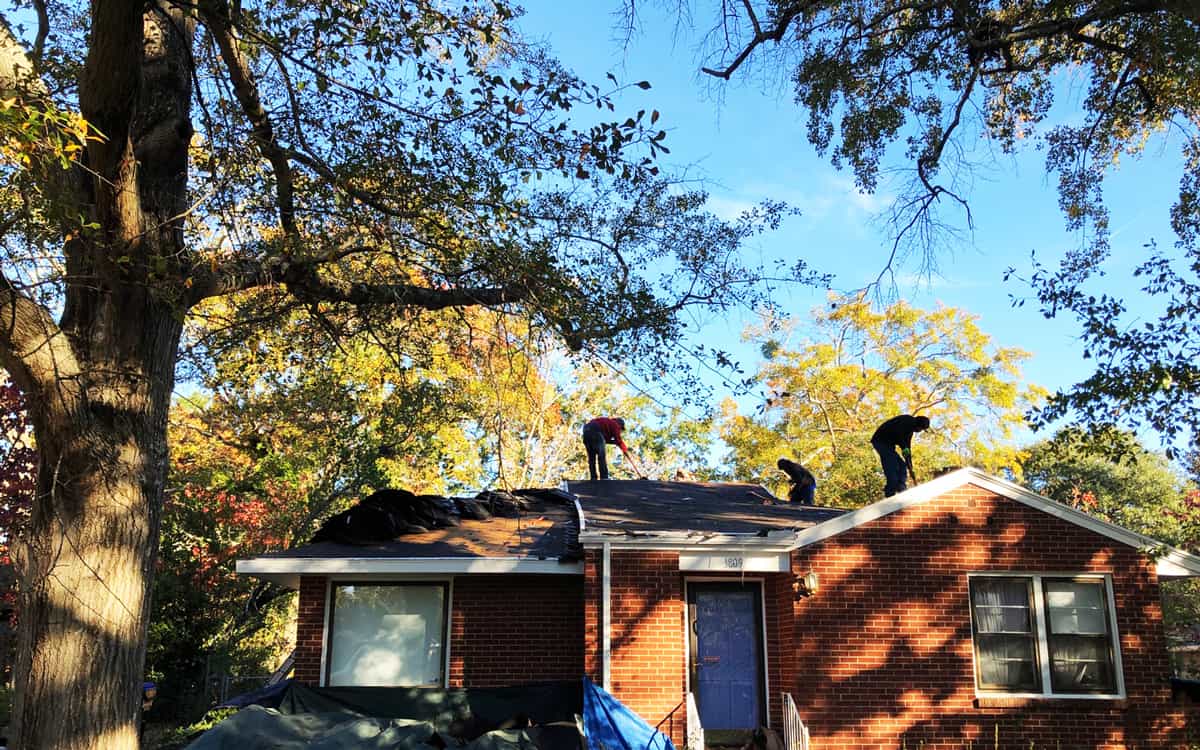

Articles
What Happens If I Don’t Use My Insurance Money To Fix My Roof
Modified: December 7, 2023
Learn what might happen if you don't use insurance money to fix your roof. Find useful articles on roof repairs and insurance claims.
(Many of the links in this article redirect to a specific reviewed product. Your purchase of these products through affiliate links helps to generate commission for Storables.com, at no extra cost. Learn more)
Introduction
When it comes to homeowners’ insurance, one of the most common questions that arises is, “What happens if I don’t use my insurance money to fix my roof?” Understanding the complexities of insurance claims and the implications of not using the funds allocated for roof repairs is crucial for homeowners to make informed decisions.
Insurance claims are a vital aspect of homeownership, allowing individuals to receive compensation for damages caused by natural disasters, accidents, or other covered events. In the case of roof damage, insurance coverage can be a financial lifeline to address the necessary repairs or replacements.
However, once the insurance company disburses the funds, homeowners have the freedom to choose how to utilize the insurance money. While it may seem tempting to divert the funds elsewhere, it is essential to weigh the potential consequences of not using the insurance money for its intended purpose.
In this article, we will explore the various options for using insurance money, the potential consequences of not utilizing the funds for roof repairs, the reasons one might choose not to fix the roof, the legal implications involved, and the factors homeowners should consider before making a decision.
Ultimately, understanding the full picture and potential ramifications associated with not using insurance money to fix a damaged roof is essential for homeowners to make informed decisions that align with their best interests.
Key Takeaways:
- Ignoring roof repairs after receiving insurance money can lead to compromised structural integrity, decreased home value, and increased insurance premiums. Prioritize safety and long-term value when considering alternative uses for the funds.
- While financial constraints and other needs may influence the decision not to fix the roof, homeowners should carefully weigh potential consequences and seek professional advice. Understanding insurance policy terms and exploring alternative options are crucial.
Read more: What Happens To Grass If You Dont Cut It
Understanding Insurance Claims
Before delving into the implications of not using insurance money to fix a roof, it is crucial to have a firm grasp of how insurance claims work. When a homeowner experiences damage to their property, such as a damaged roof due to a storm or fire, they typically file a claim with their insurance company.
The insurance company then assesses the claim to determine the extent of the damage and whether it falls within the policy coverage. If the claim is approved, the insurance company will disburse the funds necessary to cover the repairs or replacement of the damaged roof.
Insurance claims often involve a deductible, which is the amount the homeowner must pay out of pocket before the insurance company covers the remaining expenses. Once the deductible is met, the homeowner can expect to receive the insurance money to address the roof damage.
It is important to note that insurance claims are subject to policy terms and conditions. Some policies may include exclusions or limitations that could affect the coverage for roof damage. Homeowners should carefully review their insurance policy to understand exactly what is covered and what is not.
Furthermore, insurance claims are typically time-limited. Homeowners must file a claim within a specific timeframe after the damage occurs. Failure to do so may result in the denial of the claim or a reduction in the amount of coverage provided.
By understanding the fundamentals of insurance claims, homeowners can navigate the process more effectively and make informed decisions about utilizing the insurance money received for roof repairs.
Roof Damage and Insurance Coverage
When it comes to roof damage and insurance coverage, there are several factors that homeowners should consider. Firstly, insurance policies differ in terms of coverage for roof damage. Some policies may provide comprehensive coverage for all types of roof damage, including natural disasters, fire, or vandalism. Others may have specific exclusions or limitations regarding certain types of damage.
It is crucial for homeowners to carefully review their insurance policy to understand the extent of coverage for roof damage. This includes assessing whether the policy covers the full cost of repairs or replacement, or if there is a cap on coverage. Additionally, homeowners should be aware of any deductibles they may be responsible for paying before the insurance company provides compensation.
Another important aspect to consider is the age and condition of the roof. Insurance companies may take into account the age and overall condition of the roof when determining coverage. If the roof was already deteriorating or in poor condition prior to the damage occurring, the insurance company may offer limited coverage or deny the claim altogether.
Additionally, many insurance policies have specific requirements for roof maintenance. Homeowners may be required to demonstrate that they have taken reasonable steps to maintain their roof, such as regular inspections and repairs. Failure to meet these requirements could lead to denial of a roof damage claim.
In some cases, homeowners may have specific endorsements or riders on their insurance policy that provide additional coverage for roof damage. These endorsements may be necessary for certain types of roofs, such as solar panels or green roofs, which may require specialized coverage.
It is important for homeowners to proactively communicate with their insurance company to understand the specifics of their coverage for roof damage. By having a clear understanding of the coverage provided, homeowners can make informed decisions regarding utilizing insurance money for roof repairs.
Options for Using Insurance Money
Once homeowners receive insurance money for roof repairs, they have several options for how to utilize those funds. It is essential to evaluate these options carefully to ensure the most effective and beneficial use of the insurance money.
- Repair the roof: The most straightforward option is to use the insurance money to repair the damaged roof. This involves hiring a professional contractor to assess the extent of the damage and perform the necessary repairs. Repairing the roof ensures that the home remains structurally sound and protected from further damage.
- Replace the roof: In some cases, the damage may be extensive, or the roof may be nearing the end of its lifespan. In such situations, using the insurance money to replace the roof entirely can be a wise decision. This not only fixes the current damage but also provides long-term benefits by improving the overall condition and durability of the roof.
- Upgrade the roof: If the homeowner has been considering upgrading their roof, such as installing energy-efficient materials or adding solar panels, using the insurance money can be an excellent opportunity to make those improvements. Upgrading the roof not only enhances the home’s value but also offers potential long-term savings on energy costs.
- Address other home repairs: While insurance money is typically allocated for roof repairs, homeowners may choose to use a portion of the funds to address other necessary repairs or improvements around the home. This could include fixing water damage, upgrading insulation, or improving ventilation. However, it is essential to prioritize roof repairs as they directly impact the home’s structural integrity.
- Save the money: If the damage to the roof is minor and the homeowner is financially stable, they may decide to save the insurance money for future use. This can provide a safety net for any potential unforeseen expenses or emergencies that may arise later on.
Ultimately, the decision on how to use the insurance money rests with the homeowner. It is essential to consider factors such as the severity of the roof damage, the overall condition of the home, personal preferences, and long-term goals. Consulting with a trusted contractor or roofing professional can provide valuable insights and guidance in making an informed decision.
Consequences of Not Using Insurance Money
Choosing not to use insurance money to fix a damaged roof can have significant consequences for homeowners. While it may seem tempting to allocate the funds elsewhere, it is important to consider the potential drawbacks and long-term implications of not utilizing the insurance money as intended.
- Compromised structural integrity: A damaged roof can compromise the structural integrity of a home. Ignoring repairs or choosing not to use insurance money can lead to further deterioration of the roof, risking structural damage to other parts of the house. This can result in higher repair costs in the future and potential safety hazards for occupants.
- Decreased home value: A damaged roof significantly impacts the value of a home. When it comes time to sell the property, potential buyers may be deterred by the need for costly roof repairs. Not using insurance money to fix the roof can result in a lower selling price or difficulty finding buyers willing to take on the repairs themselves.
- Increased insurance premiums: Insurance companies consider the condition of the roof when determining premium rates. Failing to use the insurance money for roof repairs can lead to higher premiums or even the cancellation of coverage altogether. Homeowners may find it challenging to secure affordable insurance without addressing the roof damage.
- Voiding warranty or coverage: Some roofing materials come with warranties that require regular maintenance and prompt repairs. Choosing not to use insurance money for roof repairs can void these warranties, leaving homeowners on the hook for any future roof-related issues. Additionally, not addressing roof damage promptly may result in insurance companies denying coverage for future claims related to the roof.
- Safety and health concerns: A damaged roof can lead to moisture intrusion, mold growth, and the potential for pests to enter the home. Not utilizing insurance money for roof repairs can exacerbate these issues, posing health risks and affecting the overall livability of the home.
It is crucial for homeowners to weigh these potential consequences before deciding not to use insurance money for roof repairs. While it may seem like a temporary financial gain, the long-term repercussions can be much more significant, both financially and in terms of the safety and value of the home.
If you don’t use your insurance money to fix your roof, you may be at risk of further damage and your insurance company may deny future claims related to the same issue. Always use insurance funds for their intended purpose.
Read more: If I Dont Have A Mixer What Can I Use
Reasons for Not Using Insurance Money
While there are undeniable consequences to not using insurance money to fix a damaged roof, some homeowners may still choose to allocate the funds elsewhere for various reasons. It is essential to understand these reasons to gain a complete perspective on why someone might make this decision.
- Financial constraints: Homeowners facing financial difficulties may find it challenging to use the insurance money solely for roof repairs. They may need the funds for other pressing expenses, such as medical bills or other critical home repairs.
- Prioritizing other needs: Some homeowners may prioritize other needs or improvements over roof repairs. This could include addressing safety hazards within the home or focusing on energy efficiency upgrades that could provide long-term savings.
- Desire for a DIY approach: Homeowners with sufficient knowledge and skills in roofing may choose to undertake the repairs themselves instead of hiring a professional contractor. In such cases, they may decide to use the insurance money for materials and tools instead of hiring labor.
- Considering alternative solutions: Homeowners may explore alternative solutions to roof repairs that do not require using the insurance money. For example, they may decide to install a temporary covering or patch the damaged area until they can afford a more comprehensive repair or replacement.
- Disagreement with insurance assessment: In some instances, homeowners may disagree with the insurance company’s assessment of the roof damage or the amount of compensation offered. They may choose not to use the insurance money as a form of protest or may engage in negotiations with the insurance company to seek a more favorable resolution.
These reasons should be evaluated carefully, taking into consideration the potential consequences and long-term implications. While there may be legitimate justifications for not using insurance money for roof repairs, it is crucial to maintain the overall safety, value, and integrity of the home.
It is advisable for homeowners to consult with professionals, such as roofing contractors or financial advisors, to explore viable alternatives and determine the most appropriate course of action based on their specific circumstances.
Legal Implications of Not Using Insurance Money
Choosing not to use insurance money to fix a damaged roof can have legal implications that homeowners should be aware of. While these implications may vary depending on local laws and insurance policies, it is important to understand the potential legal consequences of not utilizing the insurance funds as intended.
Firstly, homeowners have a contractual obligation with their insurance company. By accepting the insurance policy and paying premiums, homeowners are entering into a legal agreement. Failing to use insurance money for its intended purpose, such as roof repairs, may be considered a breach of this agreement.
Insurance policies typically include specific terms and conditions regarding the use of insurance funds. Ignoring these terms or using the money for other purposes may violate the contract and result in legal repercussions. This can lead to the denial of future claims or the cancellation of the insurance policy altogether.
In addition, if a homeowner decides not to fix a damaged roof and subsequently experiences further damage or issues within their home, insurance companies may argue that the homeowner failed to fulfill their duty to mitigate damages. This can weaken the homeowner’s position in future insurance claims related to the roof or other related issues.
Furthermore, if a homeowner fails to address roof damage and it affects neighboring properties or causes harm to third parties, they may face legal liability. Negligence in maintaining the property and addressing known issues can result in legal claims and potential financial consequences.
It is important for homeowners to consult with legal professionals to understand the specific legal implications of not using insurance money for roof repairs in their jurisdiction. Local laws may have specific requirements or consequences that homeowners need to be aware of and navigate.
By understanding the legal implications, homeowners can make informed decisions that not only align with their financial needs but also ensure compliance with legal obligations and reduce the risk of any potential legal disputes or liabilities.
Considerations Before Deciding Not to Fix the Roof
Before making the decision not to use insurance money to fix a damaged roof, homeowners should carefully evaluate various considerations. While there may be valid reasons for diverting the funds elsewhere, it is essential to assess the potential consequences and alternative options before committing to this decision.
- Safety and structural integrity: The primary concern should be the safety and structural integrity of the home. A damaged roof can compromise the overall stability of the house and pose safety hazards. Consider consulting with a professional roofing contractor to assess the severity of the damage and evaluate any immediate risks to occupants or the property.
- Insurance policy terms: Review your insurance policy thoroughly to understand its terms and conditions regarding the use of insurance money. Ensure that redirecting the funds does not violate the terms of the policy and put your coverage at risk. This includes considering any warranties, maintenance requirements, or specific provisions related to roof repairs.
- Future insurance claims: Consider how not fixing the roof may impact future insurance claims. Insurance companies may deny or reduce coverage for roof-related issues if they can attribute them to existing damage that was not properly addressed. Assess the potential long-term consequences and the impact on your ability to make successful claims in the future.
- Home value and potential selling challenges: Keep in mind that a damaged roof can significantly impact the value and marketability of your home. If you plan to sell the property in the future, potential buyers may be hesitant to purchase a home with unresolved roof issues. This can result in a lower selling price or extended time on the market.
- Financial resources: Evaluate your financial situation and consider alternative options for covering other pressing expenses. Explore potential assistance programs, financing options, or grants that could help address immediate financial concerns without jeopardizing the safety and integrity of your home.
- Consulting professionals: Seek advice from professionals such as roofing contractors, financial advisors, and legal experts. They can provide insights specific to your situation, assess the severity of the damage, and offer guidance on the best course of action.
By carefully considering these factors, homeowners can make an informed decision regarding whether or not to use insurance money to fix their damaged roof. Prioritizing the safety, integrity, and long-term value of the home is crucial, while also exploring available options and seeking expert advice to make the best possible decision.
Alternatives to Using Insurance Money
If homeowners decide not to use insurance money to fix their damaged roof, they may explore alternative options to address the issue. While diverting funds away from roof repairs can have consequences, there are alternatives that homeowners can consider depending on their specific circumstances.
- Self-funding: Homeowners may choose to save up money from their personal funds to cover the cost of roof repairs. This option allows them to maintain control over the financial decision and timeline. It may be suitable for those who have the financial means to cover the repairs without relying on insurance money.
- Financing options: Homeowners can explore various financing options available to cover the cost of roof repairs. This could include personal loans, home equity lines of credit, or government-backed programs. It is important to consider the interest rates, terms, and repayment plans associated with each financing option.
- Contractor financing: Some roofing contractors offer financing plans or partnerships with financial institutions. These options allow homeowners to spread out the cost of roof repairs over time without using insurance funds. It is essential to review the terms and interest rates associated with contractor financing before committing.
- Seeking assistance programs: Depending on the circumstances, homeowners may qualify for assistance programs or grants specifically designed to help with home repairs, including roof repairs. Research local government programs, non-profit organizations, or community initiatives that provide financial aid for repairs.
- Temporary repairs: In cases where the damage is not severe or immediate repairs are not feasible, homeowners may consider temporary measures to prevent further damage. This could include applying temporary roof coverings, patching damaged areas, or reinforcing vulnerable sections of the roof until permanent repairs can be made in the future.
- DIY repairs: Homeowners with the necessary skills and knowledge may choose to undertake minor repairs themselves. However, it is important to approach DIY repairs with caution and ensure that they are done properly to avoid further damage or safety risks. Consulting with a professional or seeking guidance from reputable sources is recommended.
Before pursuing any alternative options, homeowners should thoroughly evaluate the feasibility, cost, and potential long-term impact of each option. It is advisable to consult with roofing professionals or financial advisors to assess the best course of action based on the specific circumstances and resources available.
Ultimately, while alternative options exist, it is crucial to prioritize the safety, structural integrity, and long-term value of the home when deciding whether or not to use insurance money for roof repairs.
Read more: What To Use If I Dont Have A Stand Mixer
Conclusion
Deciding whether or not to use insurance money to fix a damaged roof is a significant decision with potential consequences. Homeowners must carefully evaluate their options and consider various factors before making a final choice.
Understanding insurance claims, the extent of coverage for roof damage, and the potential legal implications are crucial for homeowners to make an informed decision. It is essential to prioritize the safety, structural integrity, and long-term value of the home when considering alternatives to using insurance money.
While financial constraints, prioritizing other needs, or disagreements with insurance assessments may influence the decision not to fix the roof, homeowners must weigh these factors against potential risks and long-term consequences.
Consulting professionals, such as roofing contractors, financial advisors, and legal experts, can provide valuable guidance based on individual circumstances and local laws. These professionals can assess the severity of the damage, explore financing options, identify assistance programs, and help homeowners make informed decisions.
Ultimately, the decision whether or not to use insurance money to fix a damaged roof should be based on careful consideration of all relevant factors. Prioritizing the safety, stability, and long-term value of the home is paramount, while also exploring alternative options to address financial constraints or other pressing needs.
By understanding the implications, consequences, and available alternatives, homeowners can make the best decision that aligns with their specific circumstances and best serves their needs.
Frequently Asked Questions about What Happens If I Don't Use My Insurance Money To Fix My Roof
Was this page helpful?
At Storables.com, we guarantee accurate and reliable information. Our content, validated by Expert Board Contributors, is crafted following stringent Editorial Policies. We're committed to providing you with well-researched, expert-backed insights for all your informational needs.



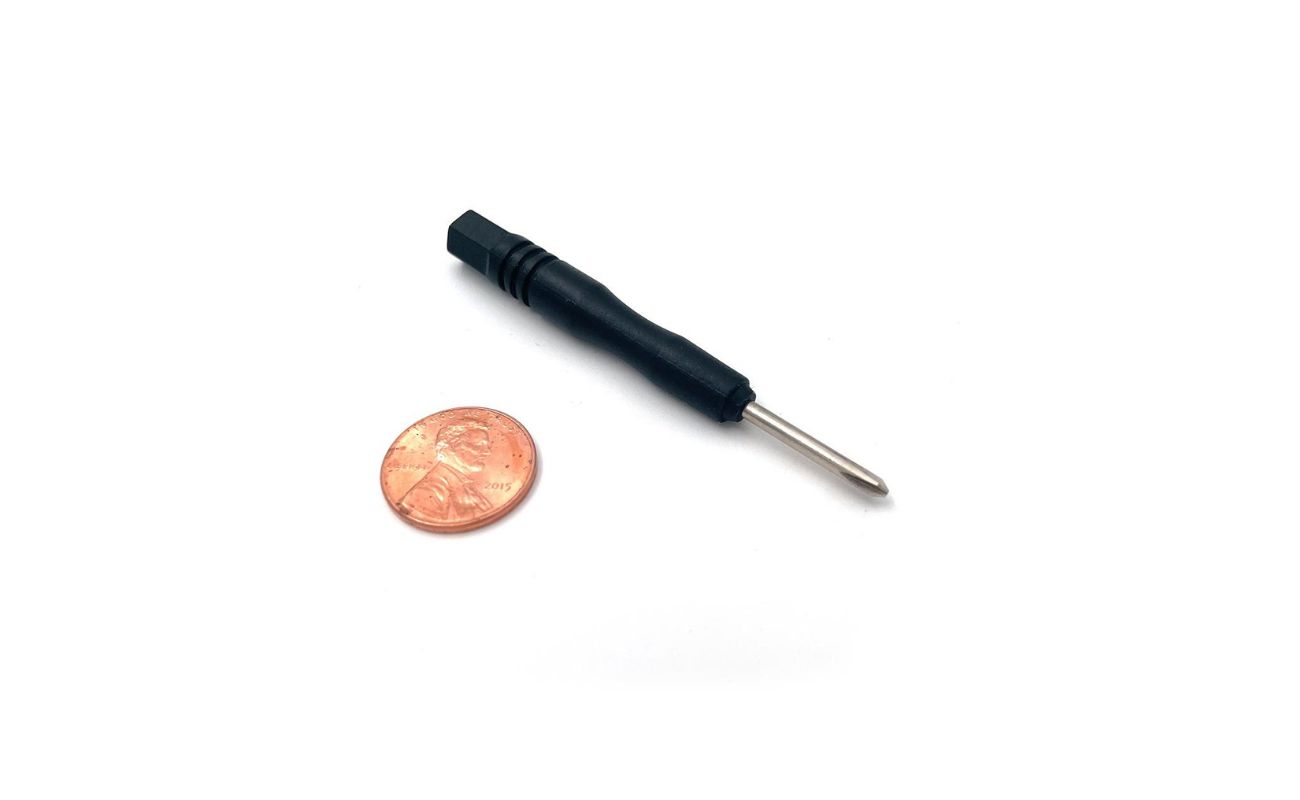



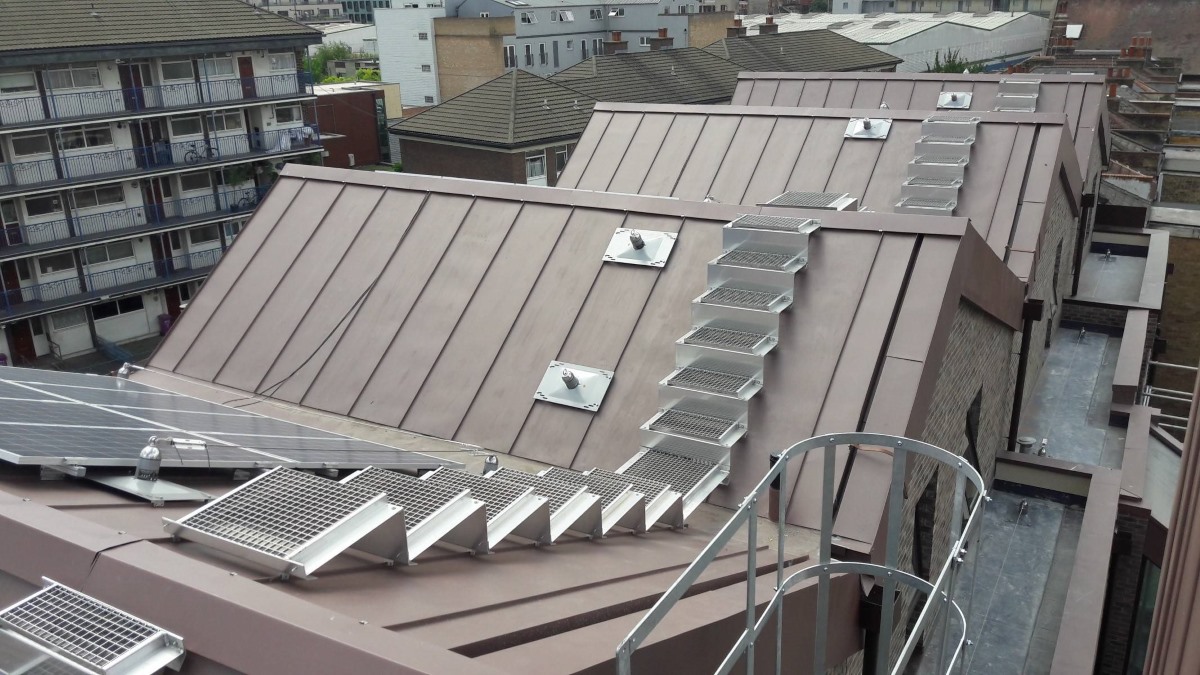
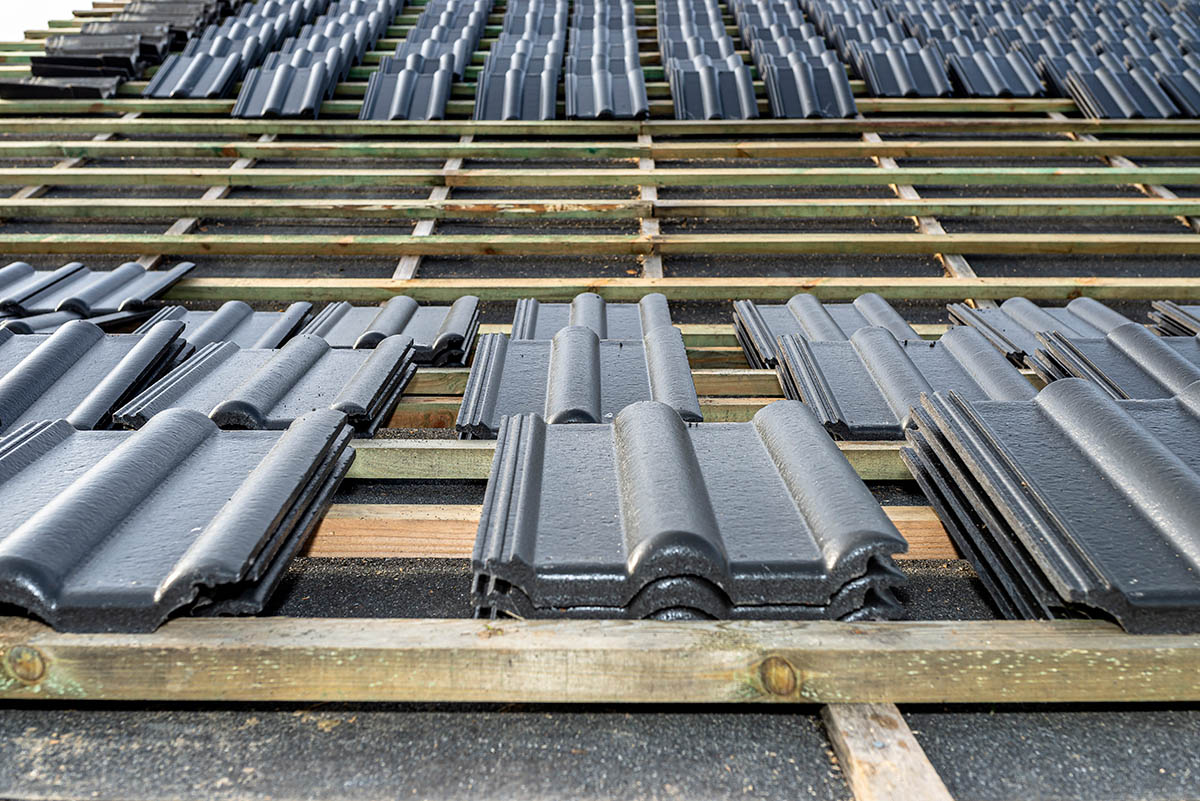
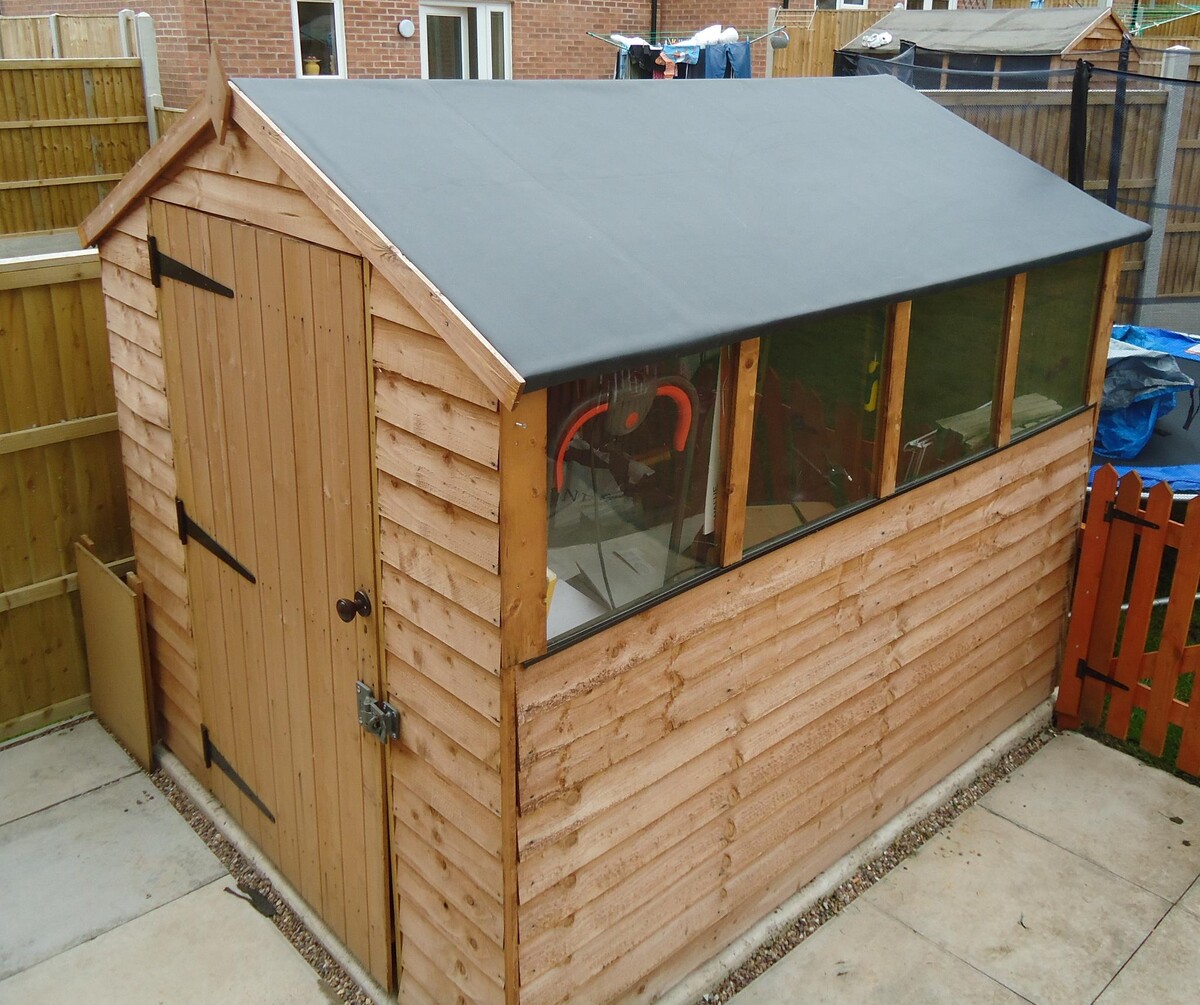
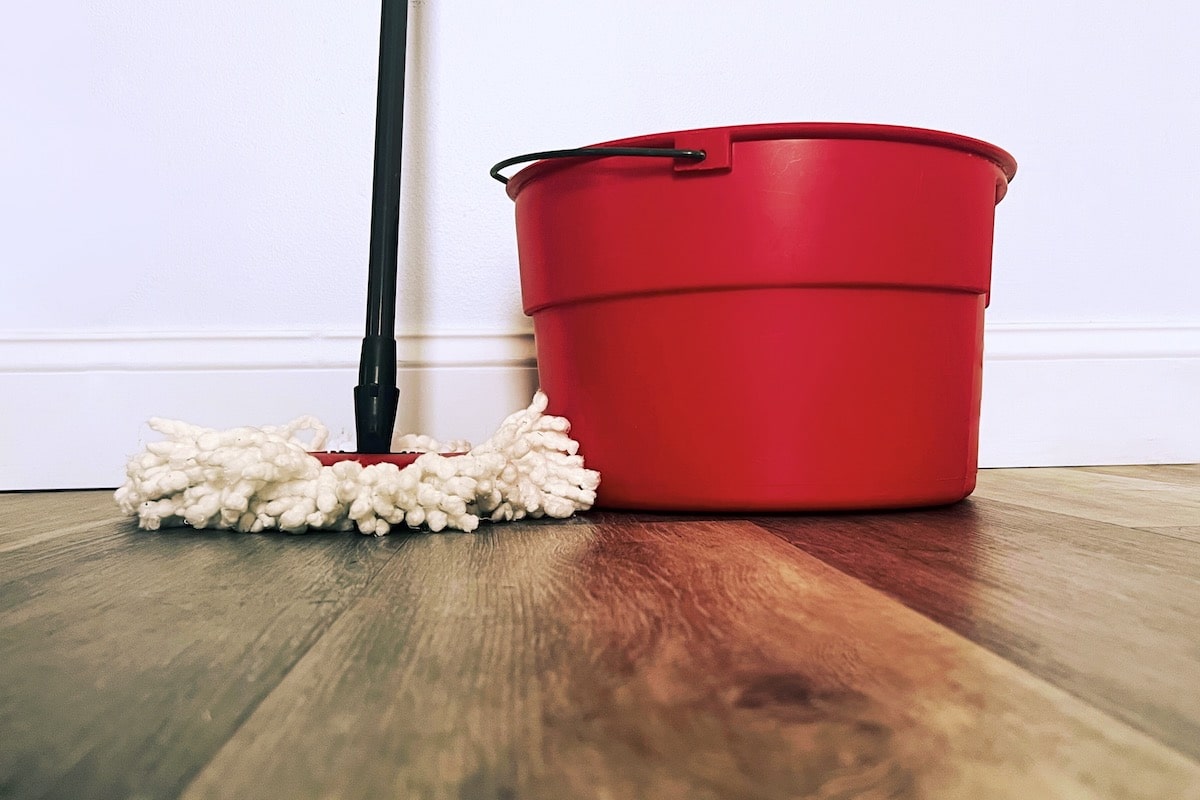

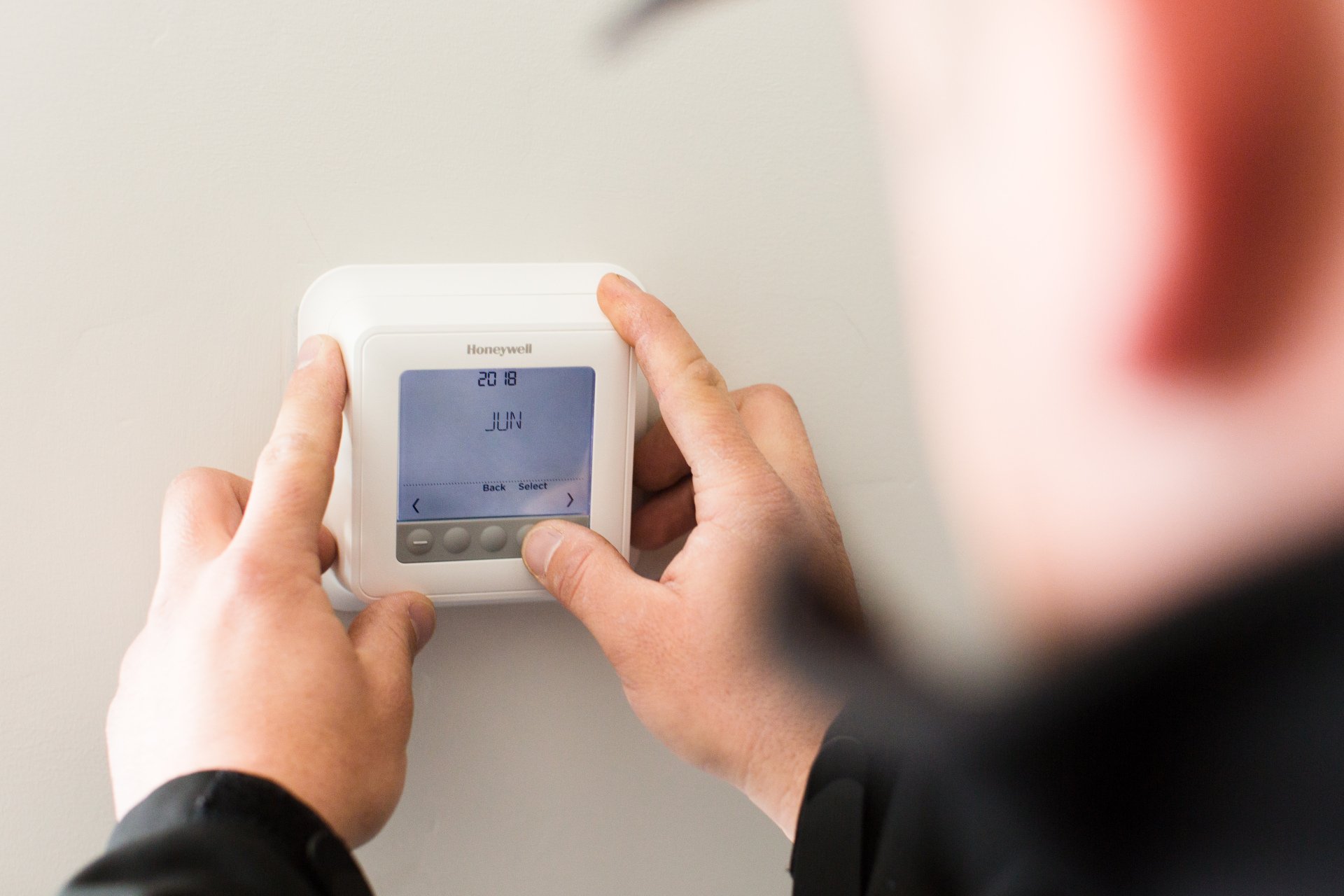

0 thoughts on “What Happens If I Don’t Use My Insurance Money To Fix My Roof”